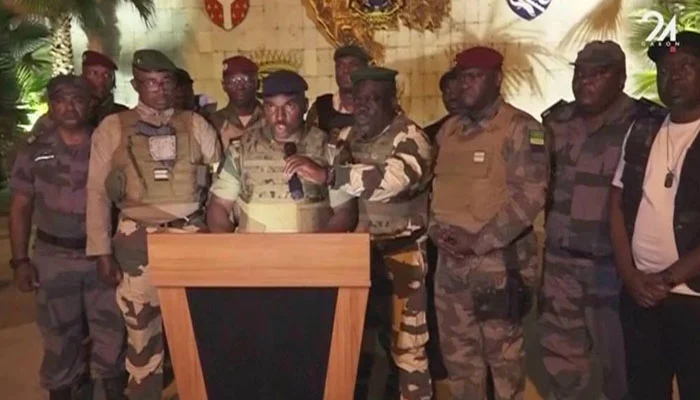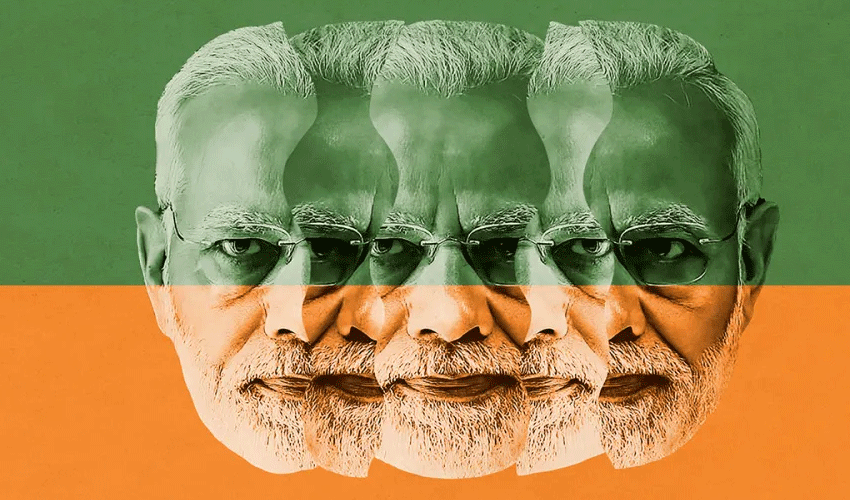The Armed Forces of Gabon (AFG), also known as the Aé Fê Pi, have announced their intention to overturn the 55-year rule of the Bongo dynasty by installing a new transitional president next week. The spokesperson for the new government, Colonel Alriech Manfoumbi Manfoumbi, stated on state television that the military has tried to assure stakeholders that they will uphold all internal and external commitments and will phase out transitional institutions.
General Bryce Oligouvi N’goma’s swearing-in will take place in a formal court of law, indicating how the new committee for transitional and restorative institutions (the CRTI) will function. This suggests the approach the CRTI will take to their responsibilities.
Ali Bongo Ondimba, the ousted president, had held power for more than four decades, surviving recent contested elections only to be removed immediately after being declared the winner. The scenes of prosperity in the oil-rich state have shifted, as the leaders of the military uprising have nominated General Bryce Oligouvi N’goma, the head of the Elite Republican Guard, as Gabon’s transitional president.
Through three influential French media outlets, they restored internet access and publications, which Bongo’s government had cut off during the week. However, to maintain peace and security, they imposed a curfew from six in the evening to six in the morning and closed Gabon’s borders. Blockades of armored vehicles have restricted access to former President Bongo’s residence.
It remains to be seen how this transition will unfold and what implications it will have for Gabon’s political landscape and international relations. The military’s intentions to restore order and transparency have been presented, but the uncertainty surrounding such transitions can lead to both opportunities and challenges for the nation and its people.



